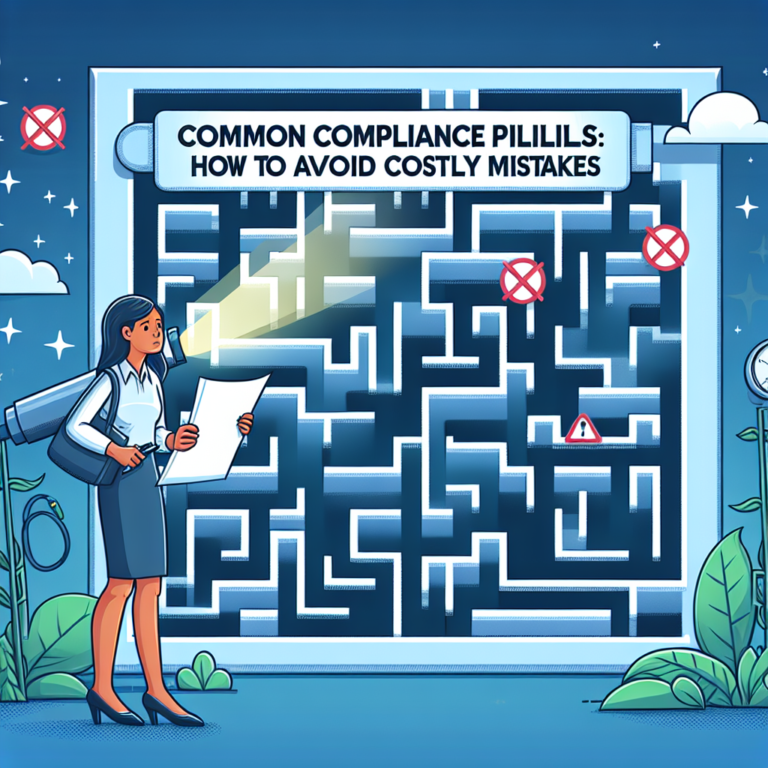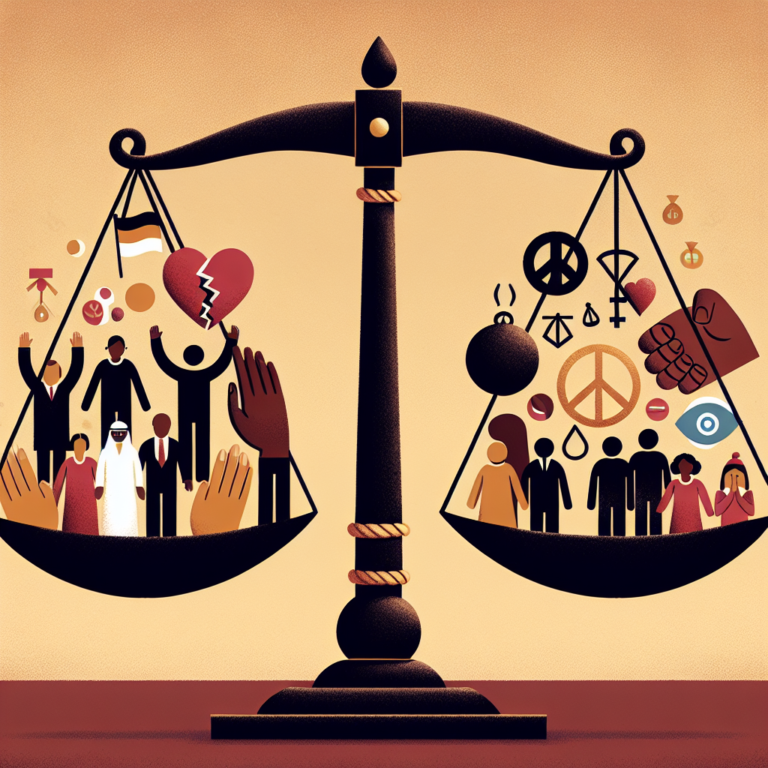
Introduction
Aggression, an enigmatic aspect of human behavior, has long fascinated psychologists, sociologists, and laypeople alike. Understanding why people exhibit aggressive behavior could unlock vital insights into not only individual motivations but also societal interactions. From road rage incidents to terrorist acts, the manifestations of aggression are complex and often alarming. With rising levels of violence both locally and globally, delving into The Psychology of Aggression: Unpacking Human Behavior is not just academic; it’s essential for fostering healthier communities and relationships.
Understanding Aggression
What is Aggression?
Aggression can be defined as any behavior aimed at harming another individual or causing them psychological distress. It can manifest in various forms, including physical violence, verbal attacks, and even passive-aggressive behaviors. While aggression can arise from a host of triggers, understanding its background within the human psyche is crucial for managing and mitigating its effects.
Types of Aggression
Hostile Aggression: This impulsive aggression is often characterized by emotional responses to perceived threats or insults. It’s typically reactive, flaring up in moments of rage or frustration.
Instrumental Aggression: Unlike hostile aggression, this type is premeditated, where behavior is aimed at achieving a specific goal, such as gaining power or control.
- Relational Aggression: Often seen in social contexts, especially among peers, this form of aggression aims to harm social standing or relationships, often through gossip or manipulation.
Case Study: Road Rage
A classic example of hostile aggression can be seen in road rage incidents. According to a study by the AAA Foundation for Traffic Safety, nearly 80% of drivers admitted to experiencing significant rage while driving. This escalated behavior often stems from stress, a perceived threat, or frustration. The consequences, ranging from accidents to altercations, highlight the urgent need for deeper understanding encapsulated in The Psychology of Aggression: Unpacking Human Behavior.
Psychological Theories of Aggression
Biological Influences
Various biological factors have been linked to aggressive behavior, with research indicating a connection between genetics and aggression levels. One prominent study explored the role of testosterone, uncovering a correlation between higher testosterone levels and increased aggression. Understanding these biological markers provides a foundation for exploring further psychological frameworks.
Environmental Factors
The environment plays a critical role in shaping aggressive behaviors. Factors such as childhood experiences, socio-economic status, and exposure to violence can profoundly affect an individual’s propensity for aggression. The classic Bobo Doll experiment by Albert Bandura demonstrated how children replicate aggressive behaviors witnessed in adults, reinforcing the idea of learned aggression.
| Environmental Factor | Impact on Aggression |
|---|---|
| Exposure to Violence | Increases likelihood of aggressive behavior |
| Socio-economic Status | High stress can trigger aggression |
| Childhood Trauma | Linked to higher aggression in adulthood |
Cognitive Theories
Cognitive theories assert that aggression stems from the way individuals perceive and interpret situations. For example, a person might perceive a neutral action as a personal attack, leading to hostile responses. This cognitive distortion reveals the importance of addressing thoughts and perceptions in understanding aggression.
Case Study: The Bobo Doll Experiment
Albert Bandura’s Bobo Doll experiment provided critical insights into the nature of learned aggression. Children who observed an adult acting violently towards the doll were more likely to mimic that behavior. This study underscored the relevance of social learning and sets the stage for discussing how The Psychology of Aggression: Unpacking Human Behavior can aid prevention strategies.
The Role of Culture
Cultural Variations
Aggression is not universally exhibited; cultural norms and values significantly shape how individuals express aggression. In some cultures, displays of aggression may be acceptable or even encouraged, while others promote restraint and conflict resolution.
Case Study: Honor Cultures
In cultures defined by honor, such as parts of the American South or Mediterranean countries, aggressive responses can be seen as a way to preserve one’s reputation. Studies have shown that individuals from these cultures are more likely to respond aggressively to threats against their honor, reinforcing concepts within The Psychology of Aggression: Unpacking Human Behavior.
Psychological Consequences of Aggression
Impact on Mental Health
Interestingly, engaging in aggressive behavior is often correlated with various mental health issues. Individuals who frequently exhibit aggression may experience heightened levels of anxiety, depression, and social isolation, creating a vicious cycle of behavior.
Social Consequences
Aggression not only affects the aggressor but also ripples through social relationships, often leading to fractured friendships and unsafe communities. Families exposed to domestic aggression are more likely to suffer long-term psychological impacts, thus necessitating a focus on understanding and addressing The Psychology of Aggression: Unpacking Human Behavior.
Strategies for Managing Aggression
Communication Techniques
Engaging in proactive conflict resolution can mitigate aggressive tendencies. Techniques such as "I" statements, active listening, and assertiveness training can drastically alter how conflicts are resolved.
Anger Management Programs
These programs provide structured approaches to control aggression through various coping strategies, focusing on identifying triggers and emotional regulation exercises. Studies have shown that participants often experience reduced levels of aggression after completing these programs.
Mindfulness and Relaxation
Practicing mindfulness can significantly decrease impulsive aggressive responses by promoting self-awareness and emotional regulation. Techniques like deep breathing and meditation can empower individuals to take control of their emotional responses.
Conclusion
Understanding aggression intertwined with psychological factors is essential for societal progress. Through various lenses—including biological, environmental, cognitive, and cultural—The Psychology of Aggression: Unpacking Human Behavior reveals why individuals act aggressively and how these behaviors can be managed. By implementing proactive strategies, fostering healthier communication techniques, and promoting emotional intelligence, we can mitigate the impacts of aggression in our communities.
FAQs
1. What triggers aggressive behavior?
Aggressive behavior can be triggered by various factors, including stress, anger, provocation, and underlying psychological issues.
2. Are there biological factors that contribute to aggression?
Yes, research has indicated that genetics, hormone levels (like testosterone), and brain chemistry can influence aggression levels in individuals.
3. How can I manage my own aggressive tendencies?
Techniques such as anger management classes, mindfulness, and effective communication can help manage aggressive tendencies in individuals.
4. Is aggression always harmful?
While aggression can lead to harmful outcomes, in some contexts, assertive behavior may be beneficial, especially in advocating for oneself or addressing injustices.
5. How can society reduce violence and aggression?
Societal approaches, including education, community programs, and mental health resources, can work collectively to reduce aggression and promote healthier expressions of conflict.
In exploring The Psychology of Aggression: Unpacking Human Behavior, we gain not only insight into our behaviors but also the tools to foster a more empathetic and peaceful world.















